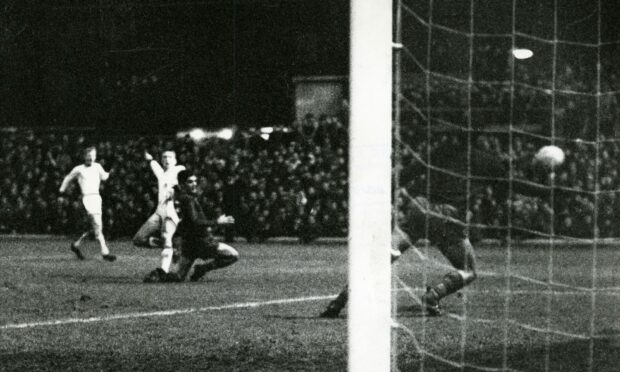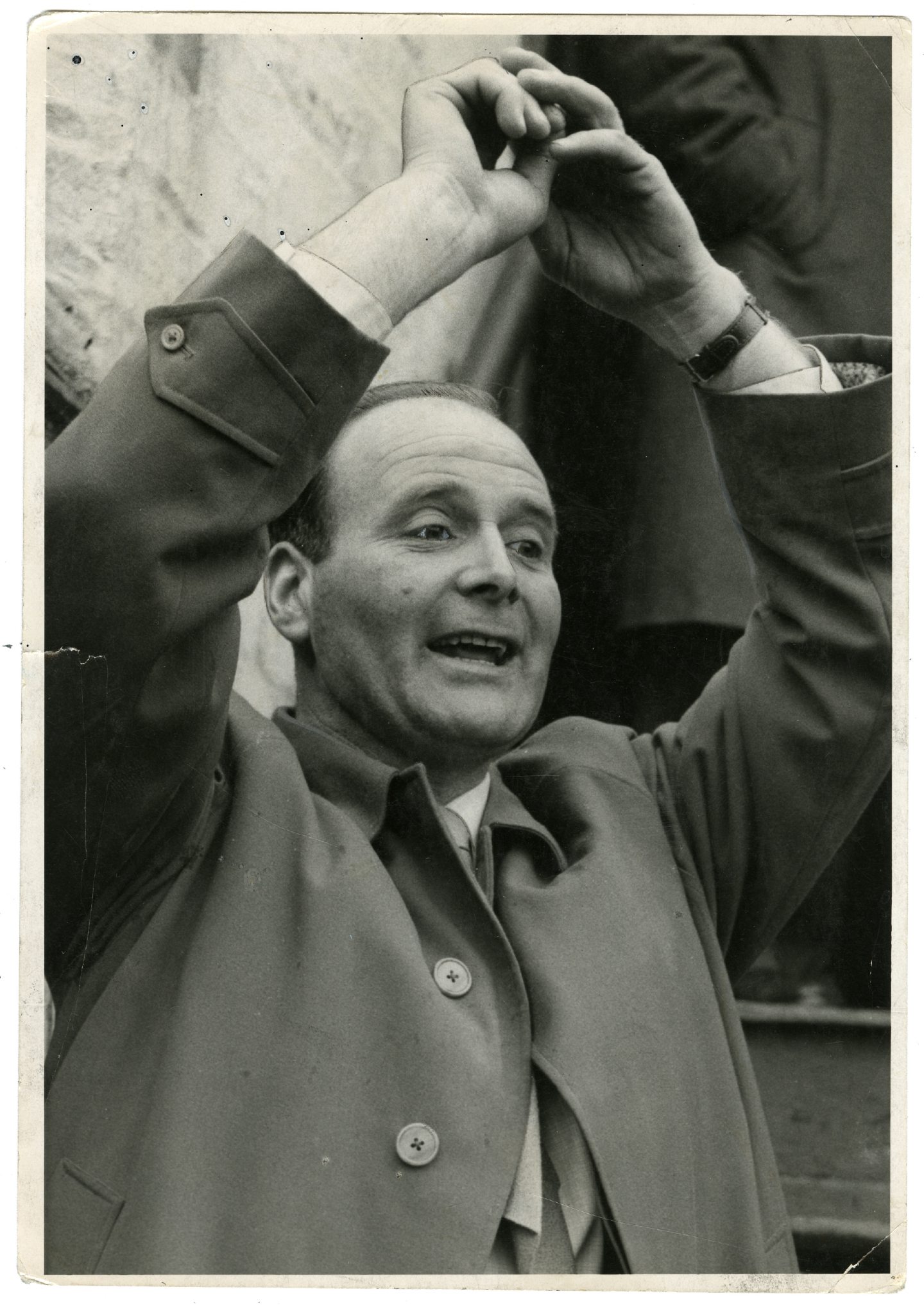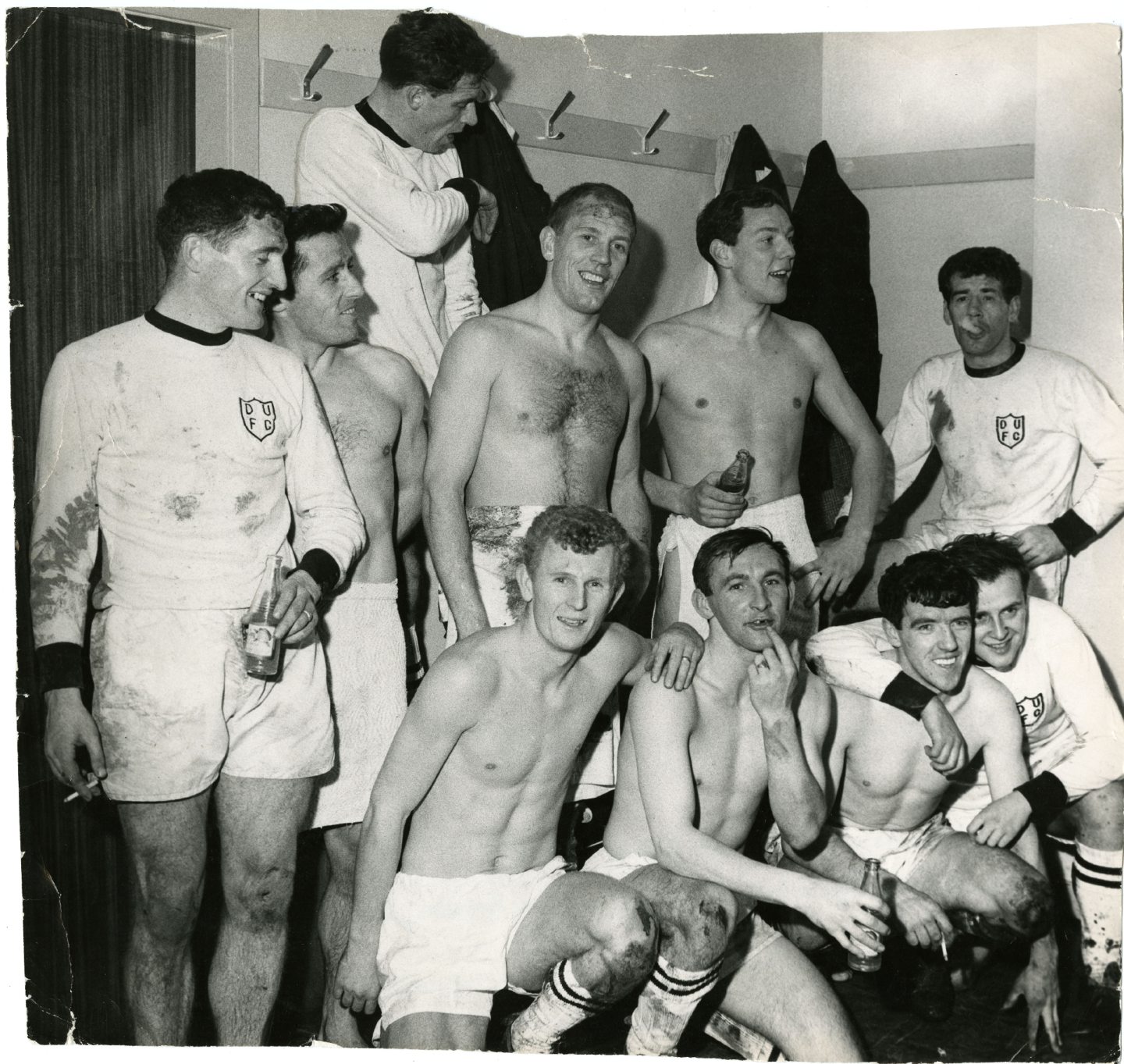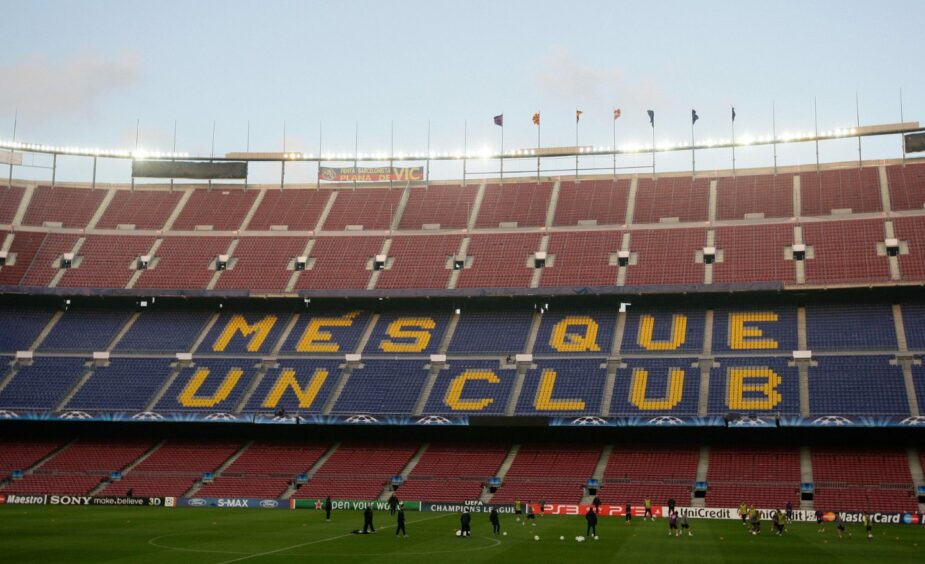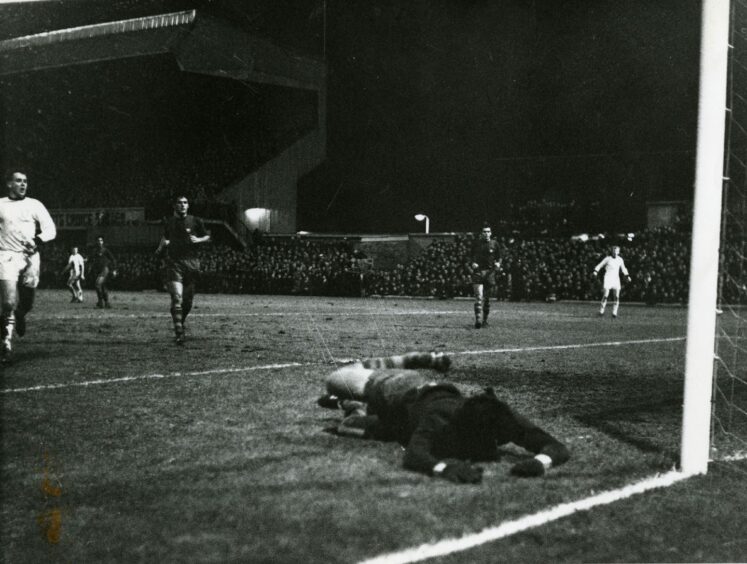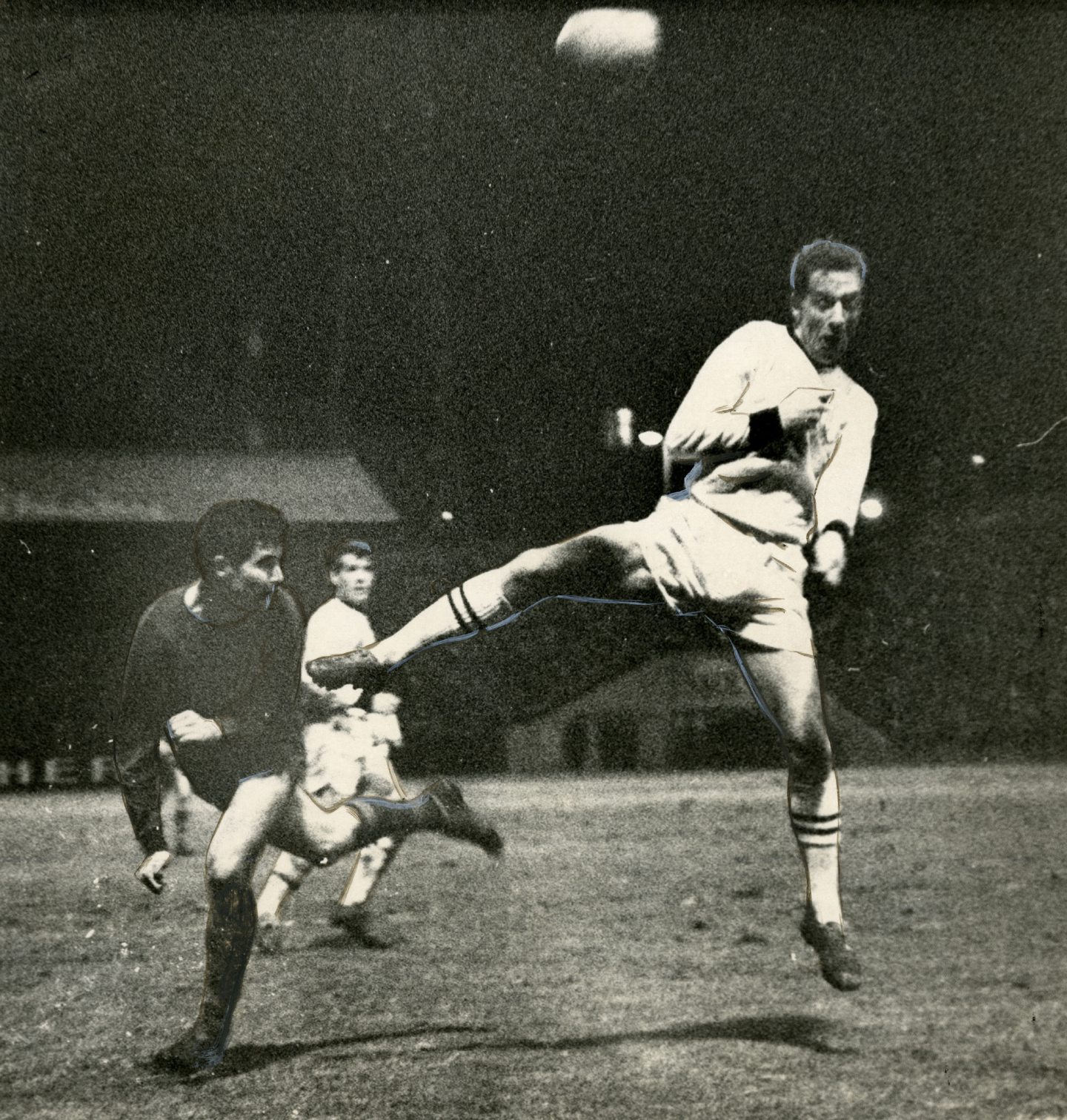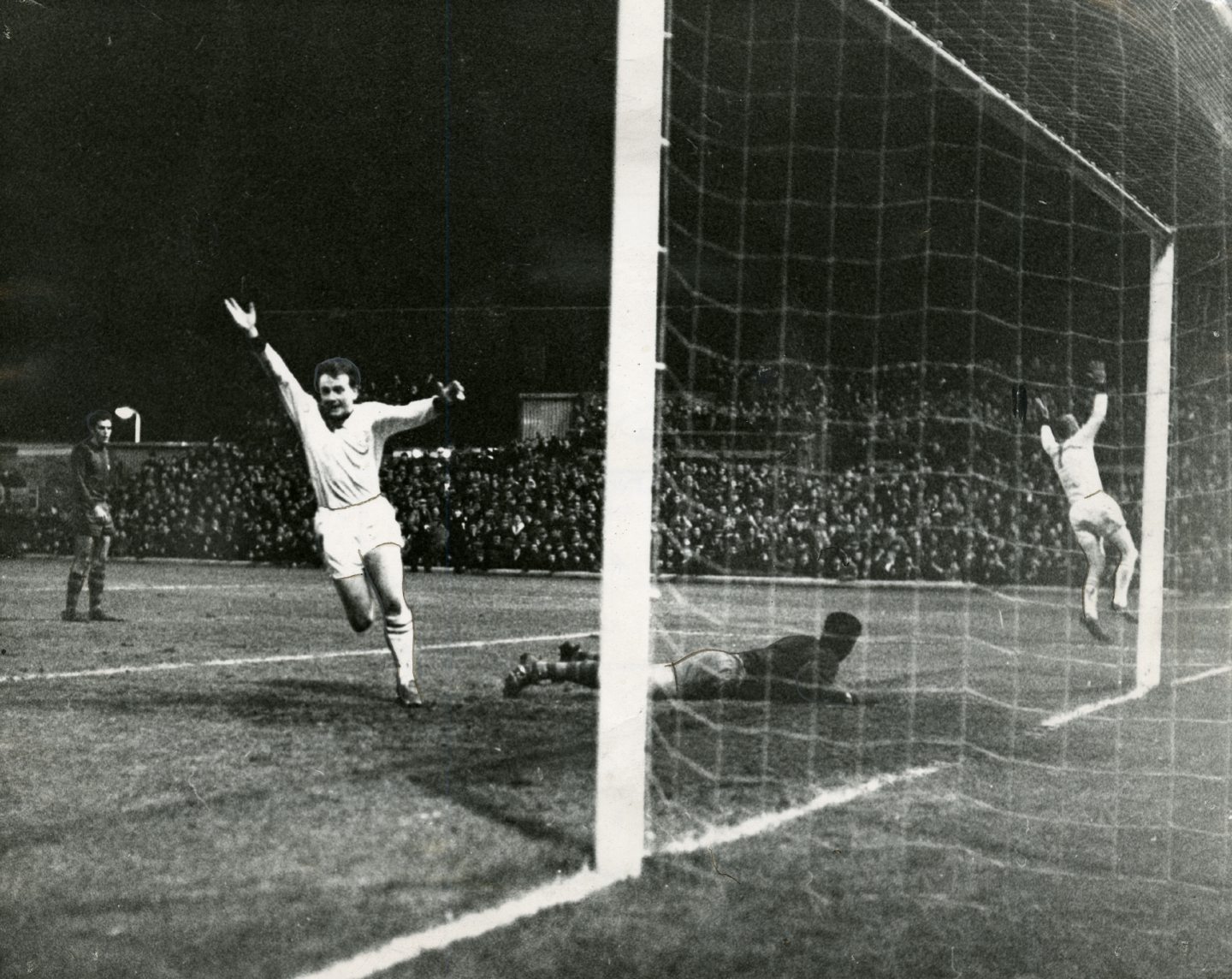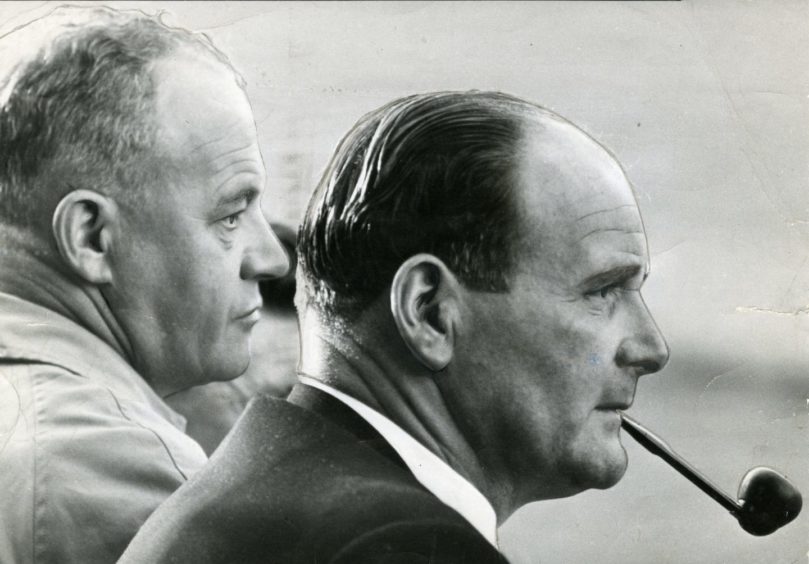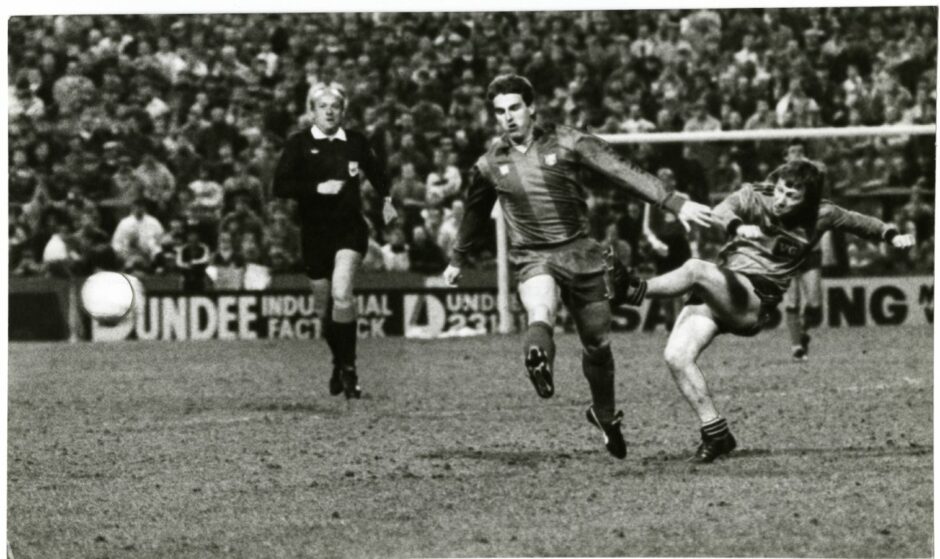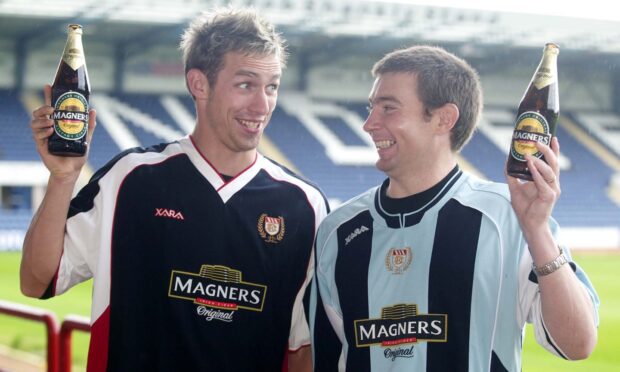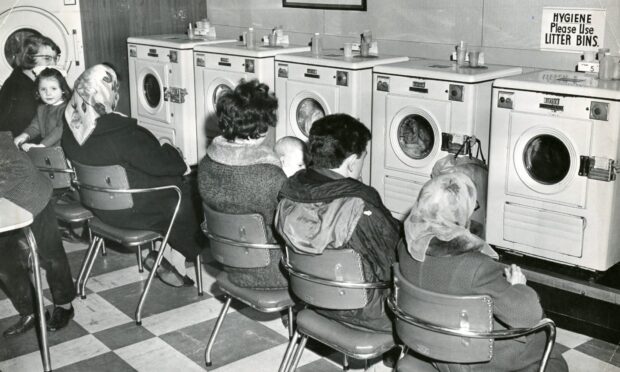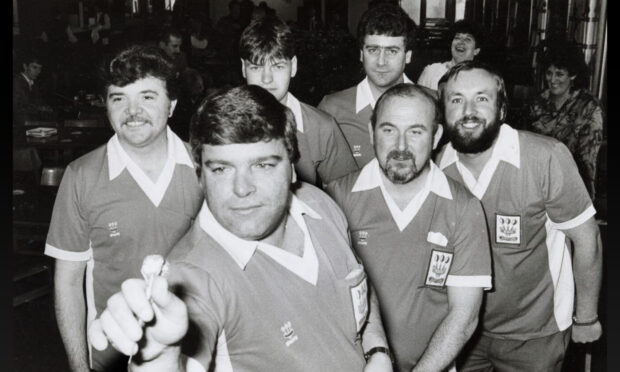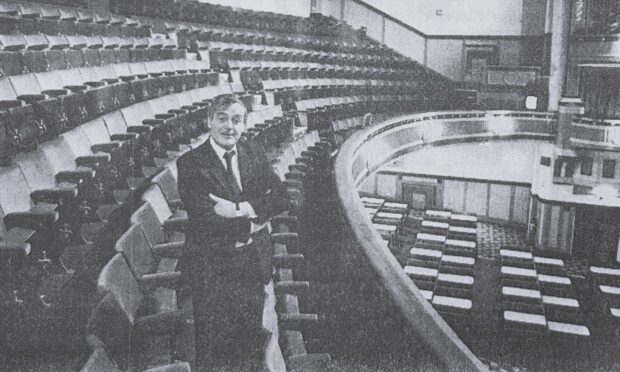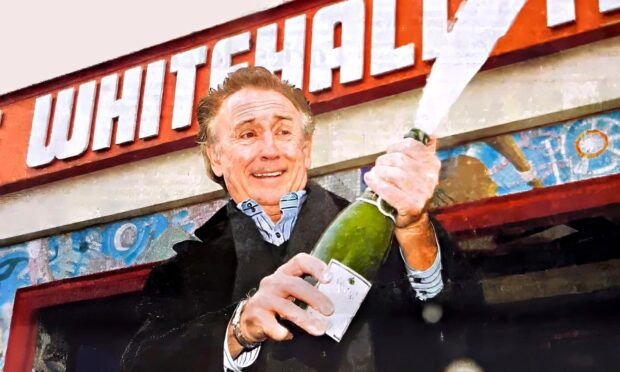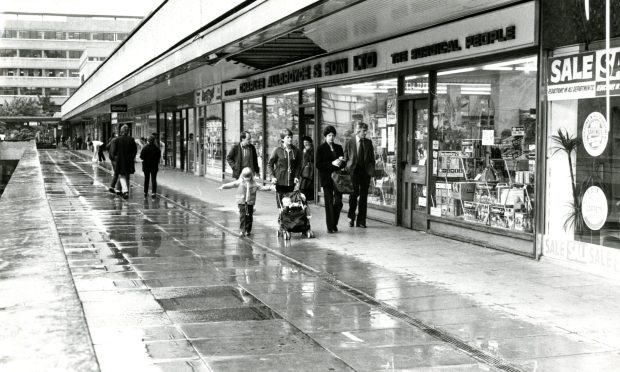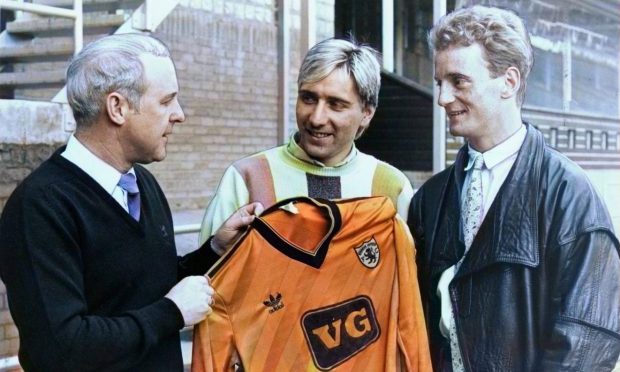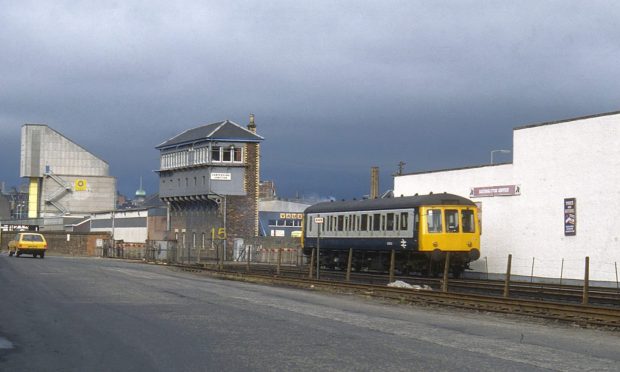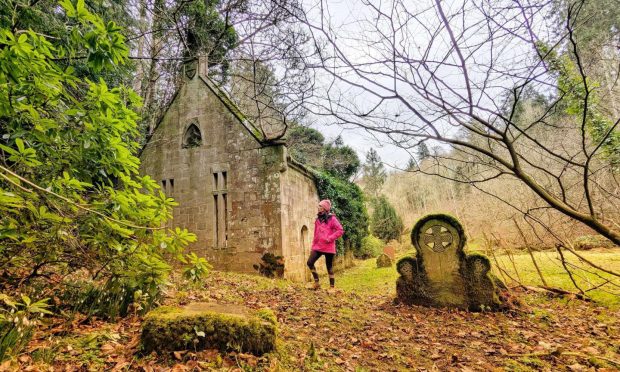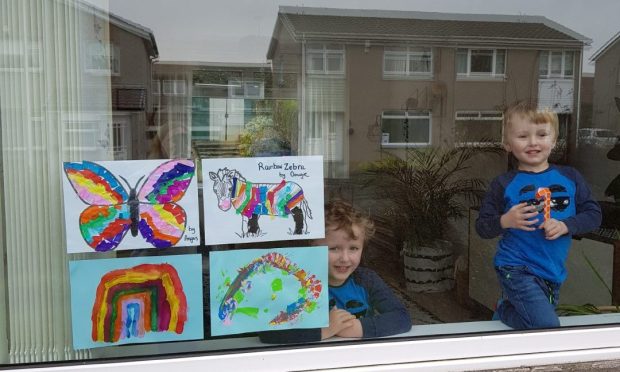It was the sort of result that, nowadays, would have football commentators rubbing their eyes in disbelief.
Forget about Wimbledon beating Liverpool in 1988 or Partick Thistle thrashing Celtic in 1971; these were minor upsets in comparison to the relentless fashion in which Dundee United dismantled and discombobulated Barcelona in the Fairs Cup back in 1966.
Just seven years earlier, the Tannadice club had been withering on the vine and manager Andy McCall had resigned after the then part-time club finished third bottom of Division Two.
That was the nadir, but the appointment of Jerry Kerr sparked a resurgence that led to promotion, the creation of a full-time structure and the development of players such as Ron Yeats.
Kerr, a beetle-browed individual with an ex-player’s knowledge of what instinctively made people tick, was among the most famous pipe smokers of the 1960s in a list headed by the Labour Prime Minister Harold Wilson.
But, with his arrival at Tannadice, he delivered a message that more closely echoed those of another Harold – McMillan – from the world of politics.
And that was: “You’ve never had it so good”.
By 1966 Kerr had established a strong squad with an international flavour.
There were plenty of home-grown talents, but he had also recruited a number of Scandinavian signings, including Lennart Wing and Orjan Persson from Sweden and the Danish duo Mogens Berg and Finn Dossing and Norway’s Finn Seemann.
There was a sense of his men relishing the prospect of their European adventure when they entered the Inter Cities Fairs Cup and Kerr had the attitude they had nothing to lose when they were drawn against Barcelona, with the first leg at the Nou Camp on October 25.
And why shouldn’t he have been confident? This was a time when Scottish clubs regularly pulverised European opponents – and that was exactly what happened when they travelled to Spain.
It was an intimidating atmosphere in one of the globe’s grand arenas, but the best way to silence a raucous support is to stick the ball in their heroes’ net.
United, performing with a coruscating brio, did that twice – through Billy Hainey in the 13th minute and a 59th-minute penalty from Seemann.
It was a measure of their supremacy that The Courier at the time talked of other chances they should have converted and bemoaned some poor refereeing decisions – and Kerr’s team were annoyed when they conceded an 82nd-minute goal to Josep Maria Fuste.
Just imagine it: a 2-1 victory away to Barca being greeted with relative disappointment. Yes, these were the days….
The tie, of course, was still in the balance when Barcelona’s team and officials booked into the Angus Hotel in Dundee on November 15.
Despite being outplayed by their opponents, they still oozed confidence and told the press that the previous result had been a mere blip, an aberration – something that would not be repeated when the sides resumed hostilities.
The Courier reported: “Up to now, the Barcelona approach has been the opposite to what has been produced by most Continental visitors.
“There has been no playing down their chances. Or being in any way sorry for themselves. Complete confidence reigns.
“Their coach Roque Olsen said: ‘That first leg was the end of our dreary spell. Our morale is very high. We expect a hard game… but we will win.”
United weren’t fazed by these remarks. The general tone of their response was: “We have heard all this before and they had to eat their words. We can do the same again and we will have our fans cheering us on this time.”
While the home squad trained “down by the seaside”, and the Spaniards relaxed before an evening training session at Tannadice, the committee members of both clubs were received in the City Chambers by the Lord Provost Maurice McManus, as the prelude to them attending a dinner function at the Bruce Hotel in Carnoustie.
But Kerr wasn’t interested in any of this flummery.
His sole focus was on orchestrating another win for United and progressing to the next round.
And he succeeded magnificently in that objective.
The contest was one of the most emotional evenings Tannadice had ever witnessed.
This was long before the days when Barcelona had become a global brand, but they had a mystique and a pizzazz – and here was the chance for United to send the holders packing with their tails between their legs.
No fewer than 28,000 fans turned up for the grand occasion and, despite Roque Olsen’s defiant words, there was nothing for the home side to worry about as they picked up where they had left off three weeks earlier.
Ian Mitchell, an elusive figure at his best, indomitable and a constant thorn in the Barca flesh, sparked wild celebrations throughout the stadium when he opened the scoring in the 18th minute.
A wonder goal sealed the deal
And any lingering hopes their struggling adversaries might have harboured were cast to the wind when the ever-dangerous Hainey doubled his team’s advantage at the beginning of the second half.
His coup de grace was magnificent: a 30-yard screamer that caught the Tayside wind and absolutely zoomed into the net.
Asked why he had chosen to shoot from so far out, he replied: “I had to do something”. And he did.
That made it 2-0.
A 4-1 aggregate advantage.
Hasta la vista, Roque!
The outcome provoked exultant scenes around Dundee that evening.
And, the following morning, the press did their best to put perspective on what had been a compelling and relentless display from the Jerry can-do brigade.
Just check out the tone of The Courier, which stated: “Every now and then, there comes an occasion with a challenge. One that makes us ask ourselves – ‘Can we really do that justice?’ One like last night’s triumph of Dundee United.”
The tone was one of defiant disbelief
But if the paper was concerned about whether it could convey the magnitude of United’s achievement, it needn’t have worried.
The accompanying report could have come straight from the pages of Roy of the Rovers magazine.
It read: “It is hard to make words adequately tell the story of all that happened as new history was made for this club that is growing up so fast.
“Made by a team that, true to tradition, refused to be daunted by reputation or ballyhoo. Maybe United DIDN’T play as well as they did in Barcelona. And maybe the Spaniards were short of an awful lot.
“But, if you were a United supporter or a man with the City of Dundee at heart – and with thought for Scottish football as a whole – it was a game and a half.”
The Courier included some of the comments from the United faithful – “Give us a lap of honour”, “Sing us a song” and “Send us something better in the next round” and it all sounded like a revivalist church meeting.
And they amply celebrated some of the evening’s heroes. Jimmy Briggs, “the skipper who had thrust injury behind him to play his heart out”; Ian Mitchell, “the man of guile who rediscovered reserves of guts”; and Orjan Persson, “the roving infiltrator, who was the master of gamesmanship.”
Finally, as if to date-stamp the occasion in the days before the emergence of Muhammad Ali, the report said: “If great-hearted Lennart Wing was talking about the Clay v Williams fight in the middle of it all, was that so surprising?
“For, like Cassius, United were never really in danger.”
Perhaps predictably, United couldn’t repeat their exploits when they were drawn against Juventus in the next round, although they fought hard and claimed a 1-0 home victory after losing 3-0 in Italy – but the fans had been offered a taste of these special nights and it whetted their appetite for more.
Nor was their besting of Barca a once-in-a-lifetime shock.
After all, Jim McLean and his Tannadice warriors famously knocked the Spaniards out of the Uefa Cup with another home-and-away 3-1 aggregate success in 1986-87.
But the original seeds were planted by Jerry Kerr and his confreres and nobody who was there will ever forget it.
More like this:
Jim McLean: A football life in pictures
Never-before-seen photos of United fans in Gothenburg in 1987
